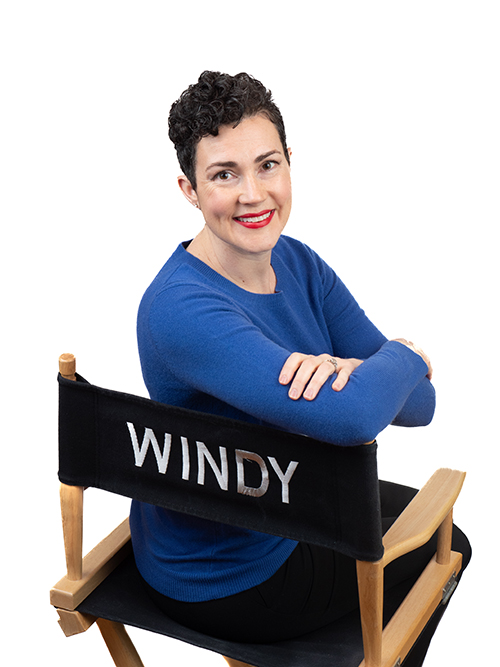
Jesus Martinez & Song Kosal discuss Victim Assistance for survivors of landmines and cluster munitions at the Youth Leaders Forum.
Yesterday I filmed an interesting conversation about Victim Assistance and the political and social difference between the words “survivor” and “victim”. According to the Convention on the Rights of Persons with Disabilities (CRPD), around 10 percent of the world’s population, or 650 million people, live with a disability. They are the world’s largest minority, and yet only 45 countries have anti-discrimination laws. The Convention on Cluster Munitions (CCM) hopes to change that, and fill a hole in the Mine Ban Treaty, by requiring ratifying countries to provide Victim Assistance to victims of cluster munitions and landmines.
Sounds good, right? Except for the fact that it is legally referring to survivors as “victims”.
To its credit, the CCM defines “victims” as the victim of the cluster munition/landmine, their family and the community. I have a knee-jerk reaction toward the word “victim”, so I asked the two survivors, Jesus Martinez and Song Kosal, who spoke to the Youth leaders Forum what they thought about the word “victim”. They both agreed that “survivor” is a more empowering word and they each consider themselves a survivor, but they understand that politically “victim” has more weight and urgency when the delegates hear it, so they’ll continue to use “victim” while lobbying for Victim Assistance within the CCM.
After the enlightening discussion, we attended the Lao PDR Official State Reception at the Prime Minister’s Courtyard. It was very swanky and I suspect I’ll have to win an Oscar before I’m invited to another State Dinner! However, I couldn’t help but notice the lack of Victim Assistance present. There were no disability ramps, toilets or parking spaces and some survivors were literally having to be carried down stairs.
However you call it, there seems to be lots of room for improvement!
-Windy Borman
Director/Producer, The Eyes of Thailand

